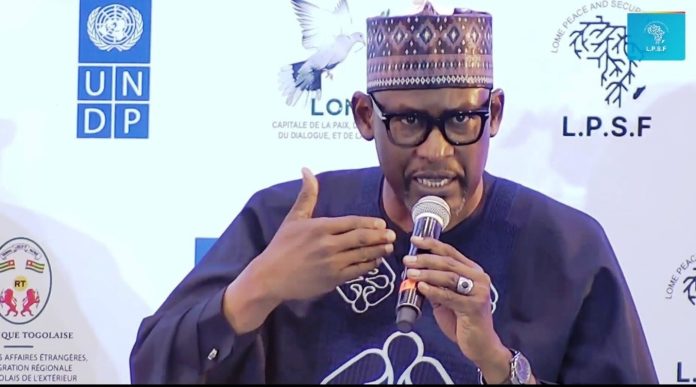
By Biran Gaye
The Ministry of Foreign Affairs and International Cooperation of the Republic of Mali has issued a statement expressing concern over a new United States visa policy that will soon affect Malian travelers. Starting October 23, 2025, the US will require Malian nationals seeking B-1/B-2 business or tourist visas to pay a deposit of either $5,000 or $10,000 as part of a pilot program.
The Malian government criticized the decision as a unilateral move that undermines the 2005 bilateral agreement between the two countries, which allows for long-stay multiple-entry visas. In response, Mali announced it will implement a reciprocal policy, requiring US nationals applying for Malian visas to meet identical deposit and eligibility conditions as those now imposed on Malian citizens by the US.
“Mali has always cooperated with the United States in combating irregular immigration, in accordance with the law and human dignity,” the ministry’s statement emphasized.
While expressing regret over the US measure, Mali’s foreign ministry reaffirmed the country’s commitment to fostering a cooperative relationship with the United States, based on dialogue and mutual respect.
The new policies are set to take effect later this month, potentially impacting travel and diplomatic exchanges between the two nations.
In recent years, the United States has periodically reviewed and adjusted its visa requirements for nationals of various countries, including Mali. These adjustments are typically made in response to evolving diplomatic, security, and immigration concerns. For Malian nationals, changes to US visa policy have often been influenced by ongoing security challenges in Mali, such as the presence of extremist groups, political instability, and concerns over document integrity and identity verification processes.
The US government, through the Department of State and the Department of Homeland Security, regularly assesses whether a country is meeting international standards for issuing travel documents and cooperating with US authorities on immigration matters. When a country falls short of these expectations, the US may impose visa restrictions as a means of encouraging compliance and protecting US national security interests.
In the case of Mali, the US has cited the Malian government’s inability to adequately address security threats and to reliably confirm the identities of visa applicants as primary factors for adjusting visa requirements. These measures may include restricting the issuance of certain visa categories, increasing the scrutiny of applications, or suspending visa services altogether.
Such adjustments are not unique to Mali, but rather form part of a broader US strategy to ensure the safety of its borders while maintaining diplomatic engagement with countries facing internal challenges. The US often pairs these restrictions with ongoing diplomatic efforts, providing technical assistance and support to help affected countries address the underlying issues and eventually restore full visa privileges.

















